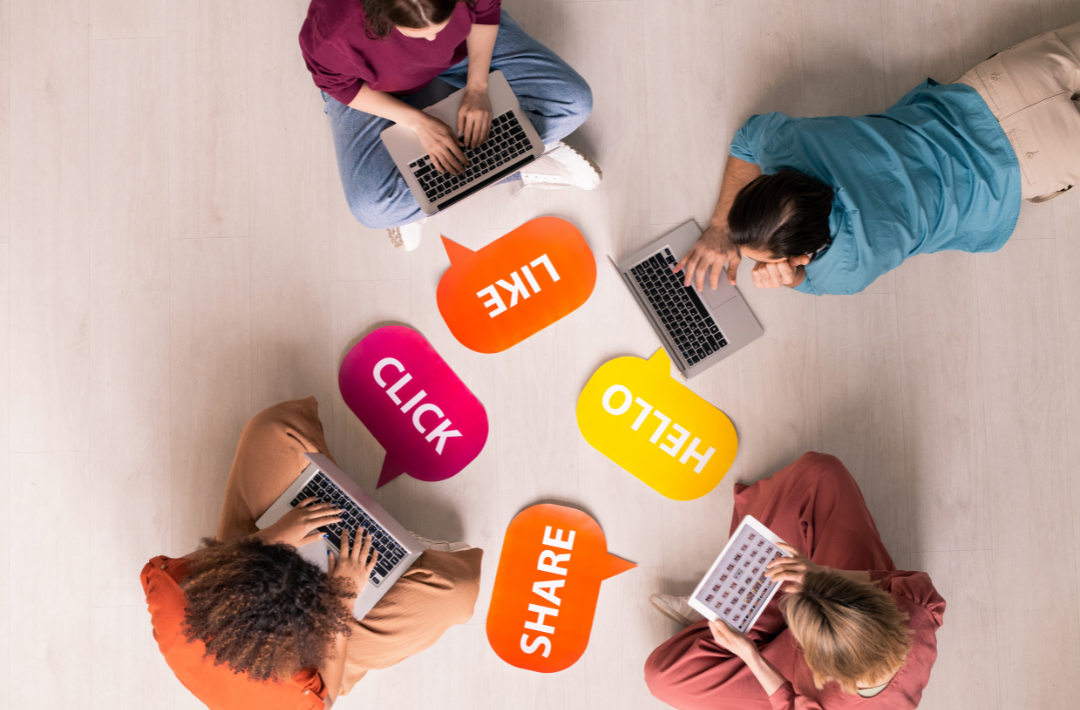
Social media has become a ubiquitous presence in our daily lives, connecting us with friends, family, and the world at large. However, as social media continues to grow and evolve, it has also become a source of stress and anxiety for many people, affecting their mental health and well-being. In this blog, we'll explore the ways in which social media can impact mental health, both positively and negatively.
Connecting with others: social media can provide a sense of community and belonging for people who feel isolated or disconnected from others. By connecting with friends, family, and like-minded individuals, social media can promote feelings of happiness and reduce feelings of loneliness.
Raising awareness: social media has become a powerful tool for raising awareness about mental health and well-being. Many organizations and individuals use social media to spread messages of hope, support, and positivity, inspiring others to prioritize their own mental health.
In conclusion, social media has both positive and negative impacts on mental health and well-being. It is important to recognize the potential risks and take steps to mitigate them. This may include limiting the amount of time spent on social media, seeking support from friends, family, or a mental health professional, and focusing on self-care and well-being. By being mindful of the ways in which social media affects mental health, we can strive to use it in a way that promotes happiness, resilience, and well-being.